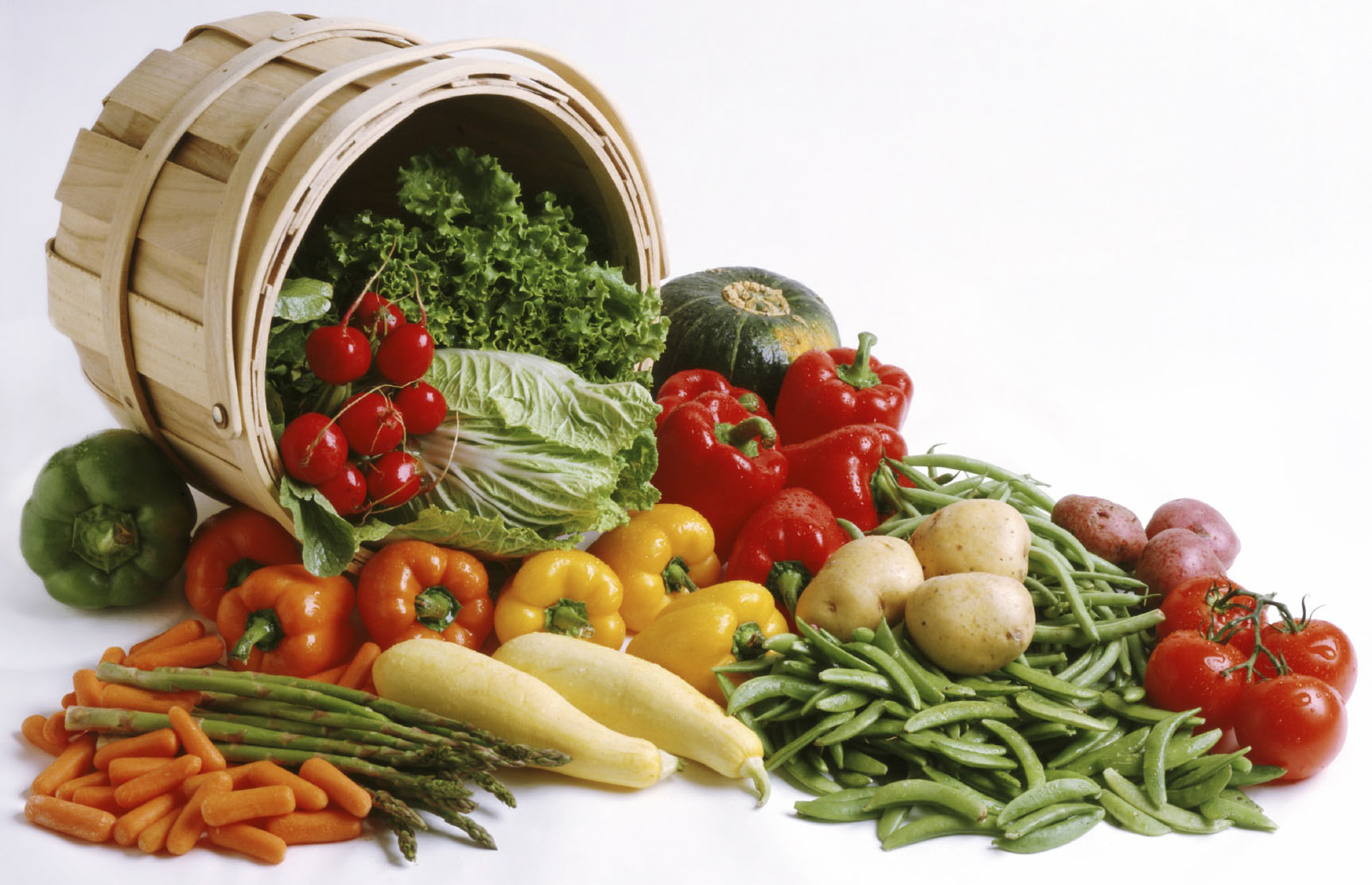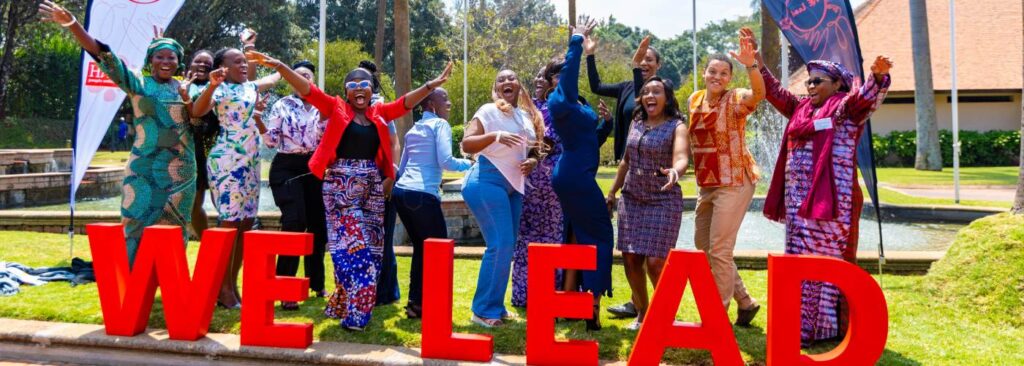Hivos Southern Africa Hub held a meeting to update journalists on the importance of media reportage on food consumption and production related issues in Zambia. Hivos Southern Africa is currently implementing the sustainable foods programme in Zambia aimed at fostering a radical rethinking of food production and consumption that recognises ecosystems as the foundation of societies and economies.
The existing food system in Zambia, built on large-scale mono cropping of maize, is eroding ecosystems and crop diversity and reducing diversity on our plates. In our view, we need to put citizens centre stage to build a new food system that is sustainable, nutritious, diverse and healthy.
Sustainable diets are respectful of biodiversity and ecosystems, culturally acceptable, accessible, economically fair and affordable, nutritious, safe and healthy. A diverse food system builds on the productivity and nutrition potential of agricultural biodiversity in food systems.
It enables women and men to use and develop their knowledge to further improve the diversity in production and consumption systems. Diversity on the farm is diversity on the plate. As Hivos Southern Africa Hub, we firmly believe that a sustainable food system can contribute to sustainable diets that are key to realizing the goal of a healthy nation.
According to FAO, a sustainable diet has low environmental impact and contributes to food and nutrition security and to healthy life for present and future generations. Sustainable diets are protective and respectful of biodiversity and ecosystems, culturally acceptable, accessible, economically fair and affordable; nutritionally adequate, safe and healthy; while optimizing natural and human resources.
Today, the Zambian diet is mainly composed of cereals, predominantly maize, starchy roots and, to a lesser extent, fruit and vegetables. Cereals provide almost two-thirds of the dietary energy supply.
According to the National Food and Nutrition Commission (NFNC), one of the major causes of a high rate of malnutrition in Zambia is the mono diet practice. The culture of mono diet is born from mono cropping food production, which is heavily slanted towards maize.
As Hivos Southern Africa, we believe that media has a key role to play in cultivating a healthy community by highlighting issues related to the local food system and access to nutritious, diverse, affordable food. Media can help to make the case for a food secure community where all children and adults grow, share, and prepare healthy, local food.
For a start, media can take a lead role in researching stories about issues related to the local food system, farmers’ markets, local food policy, growing and preparing local food, and school and community gardens. Such stories can shed light on crucial issues related to sustainable food systems.
The media can help to influence a progressive culture of sustainable food production and consumption. Through evidence based stories, media can foster new ways of thinking around food among citizens and at policy making levels.
Media can change minds, challenge the tradition of maize mono-cropping and create a movement that embraces a sustainable, diverse, nutritious and health food culture. The stories on sustainable that media produce can foment neural connections in our brain that help messages stick. Stories are irresistible because the brain is hardwired for narrative.
Our message as Hivos Southern Africa Hub in Zambia is very simple: the time to act is now. Working together, it is possible to implement a sustainable food strategy in the country that is respectful of biodiversity and ecosystems, culturally acceptable, accessible, economically fair and affordable, nutritious, safe and healthy. As part of our efforts to foster media reportage on sustainable food, Hivos Southern Africa is going be launching a sustainable food reporting award which will be handed out on World Food Day on October 16. It is our sincere hope that the award will help to increase coverage of issues around sustainable food and inspire both citizens and governments to take progressive action.




